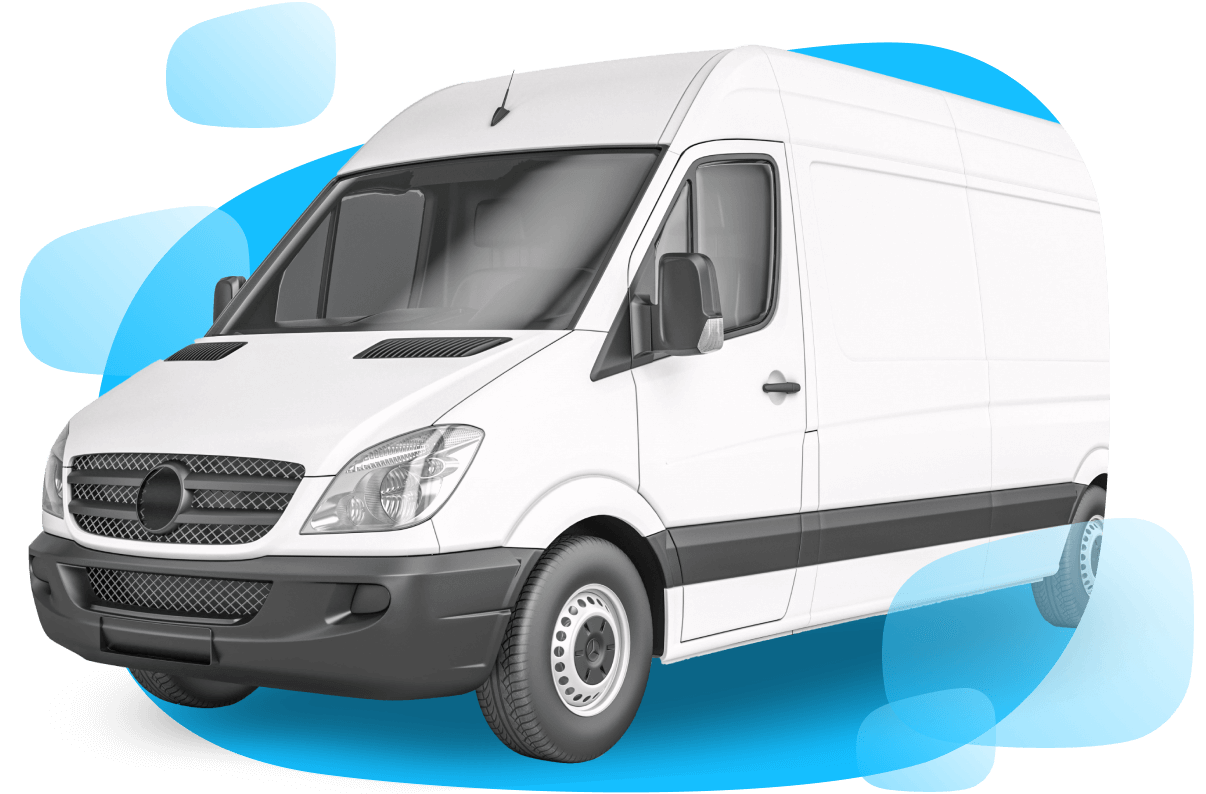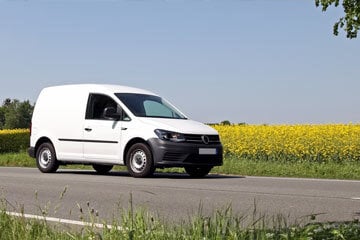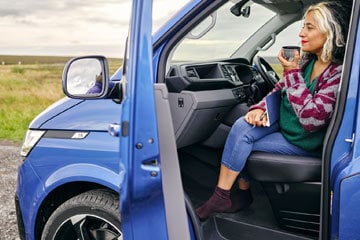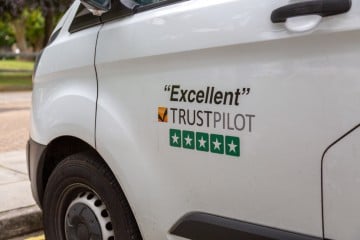This depends on your policy. Some van insurance providers offer courtesy van cover as standard. Others might charge you extra to add it on to your policy.
If it's something you need, look out for 'courtesy van cover' next to the quotes we give you when you compare with us. These policies come with courtesy van cover as standard.
If you find a policy you like that doesn't come with courtesy van cover, give the insurer a call. You'll typically be able to add it on for a fee.
Keep an eye out for what type of cover you're given though. Some policies might offer you a ‘like-for-like’ courtesy van, whereas others might only offer a basic model.
















